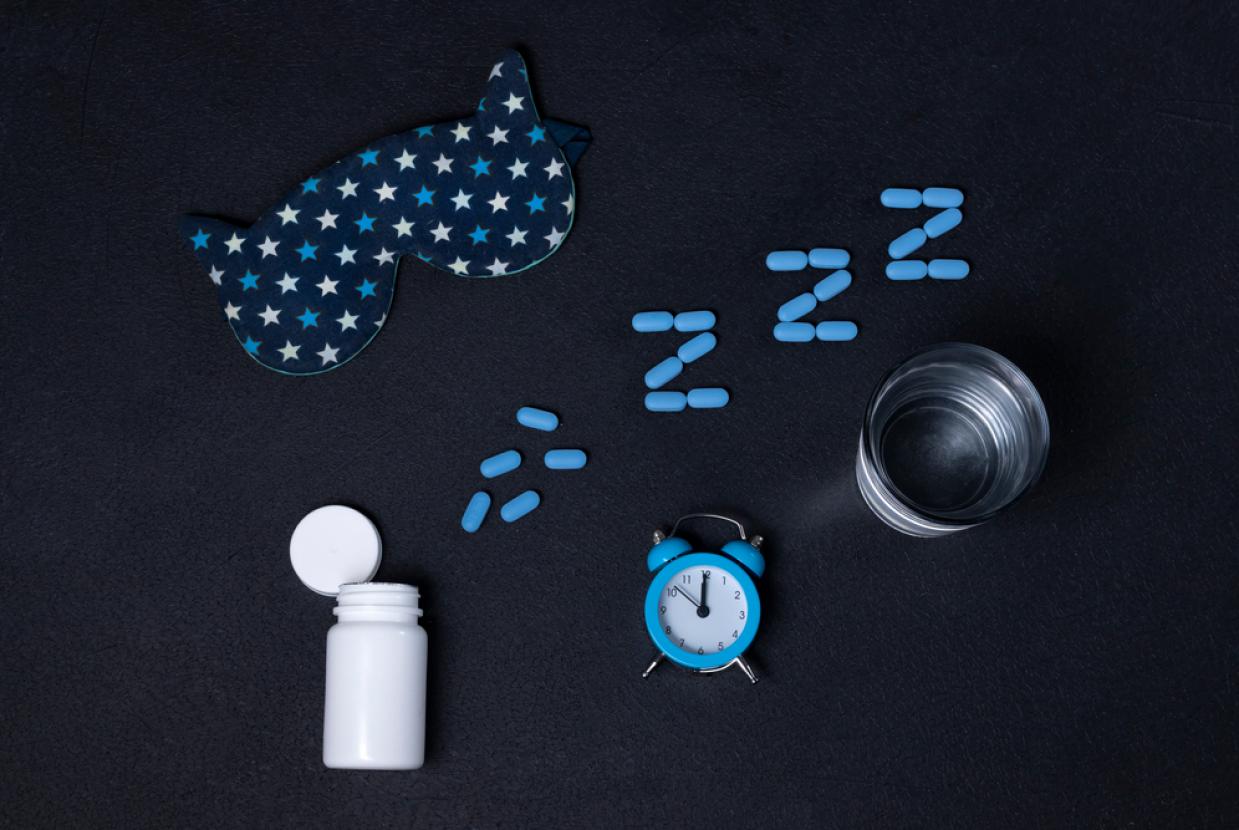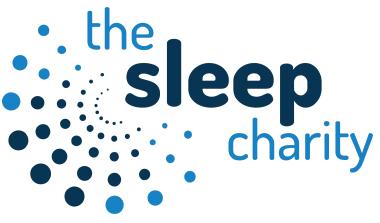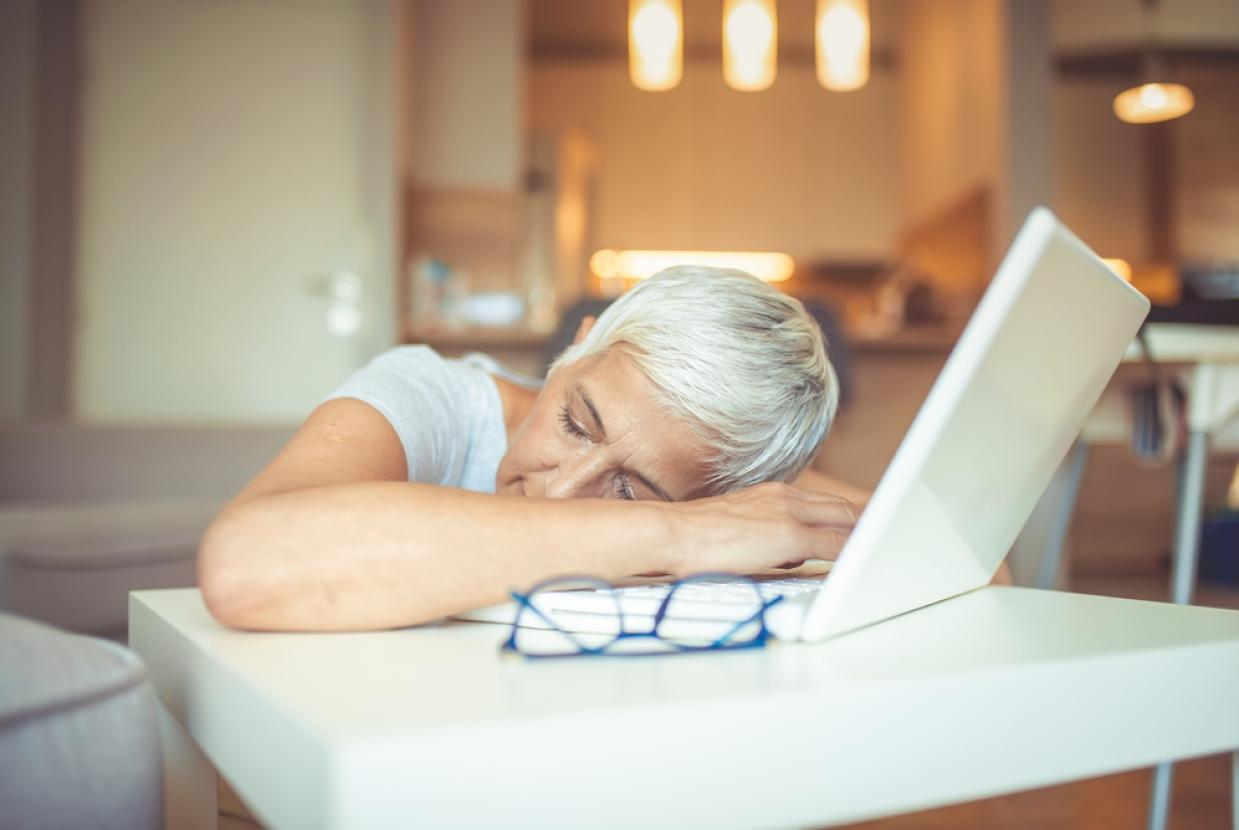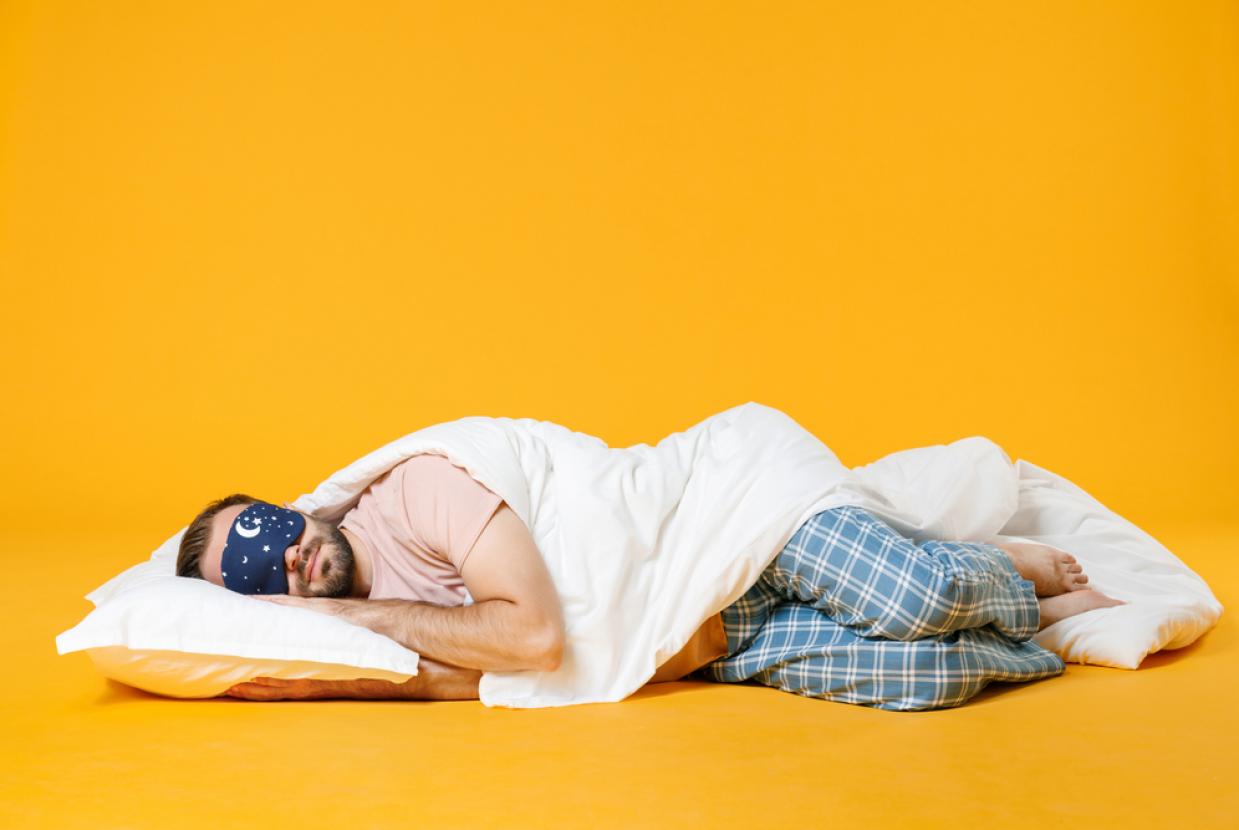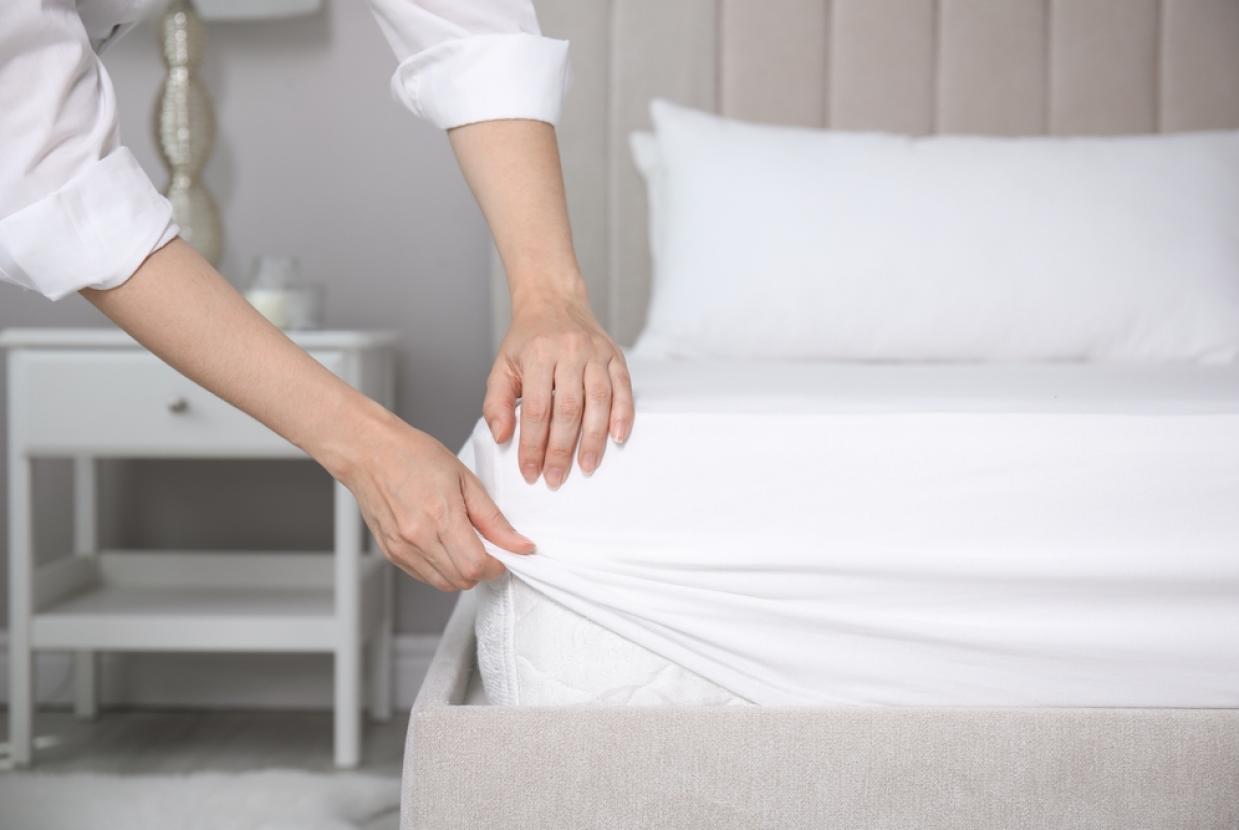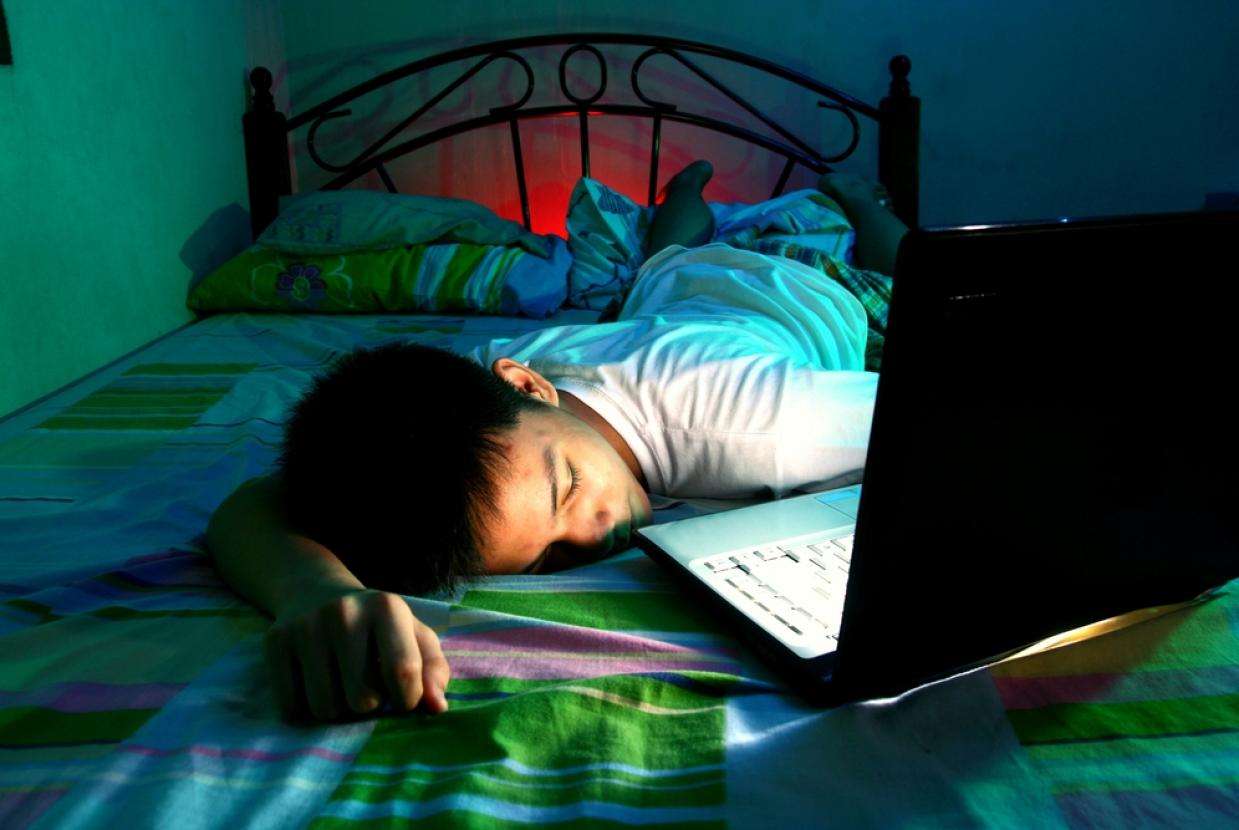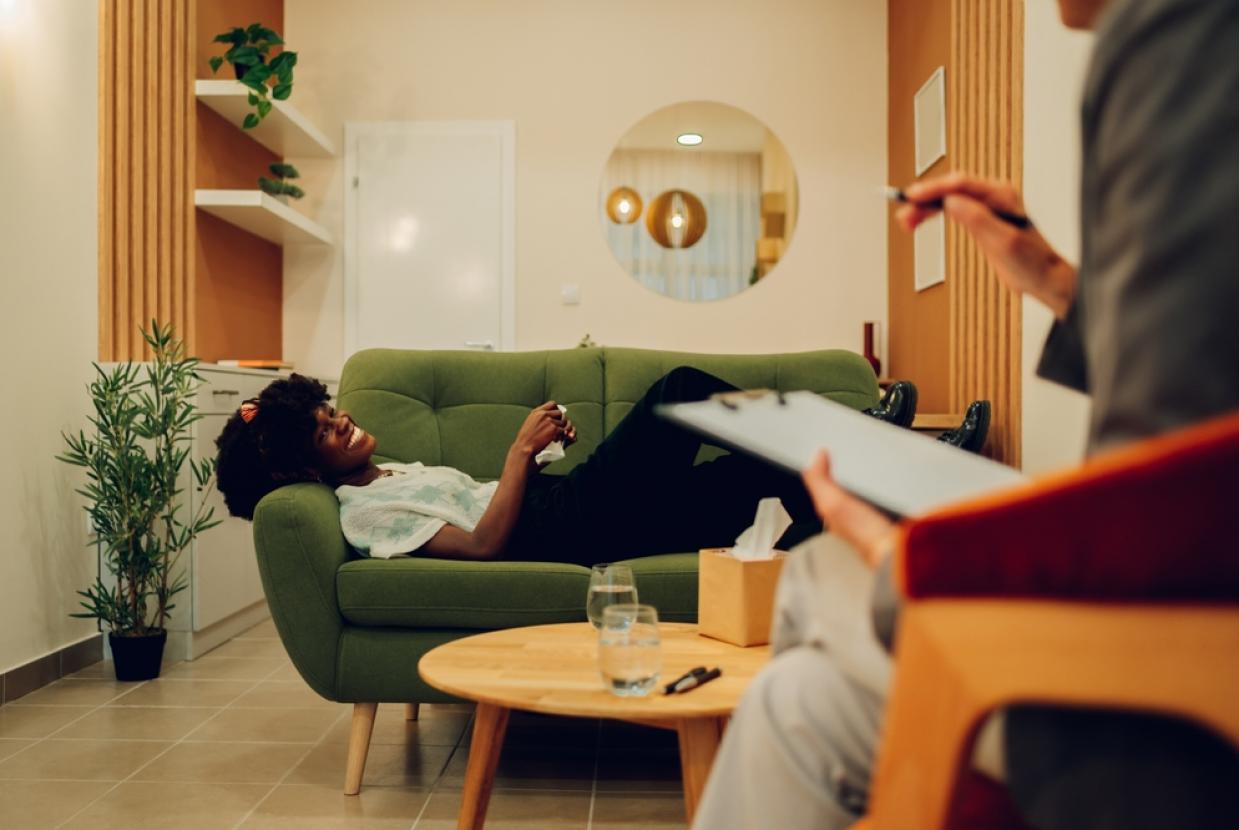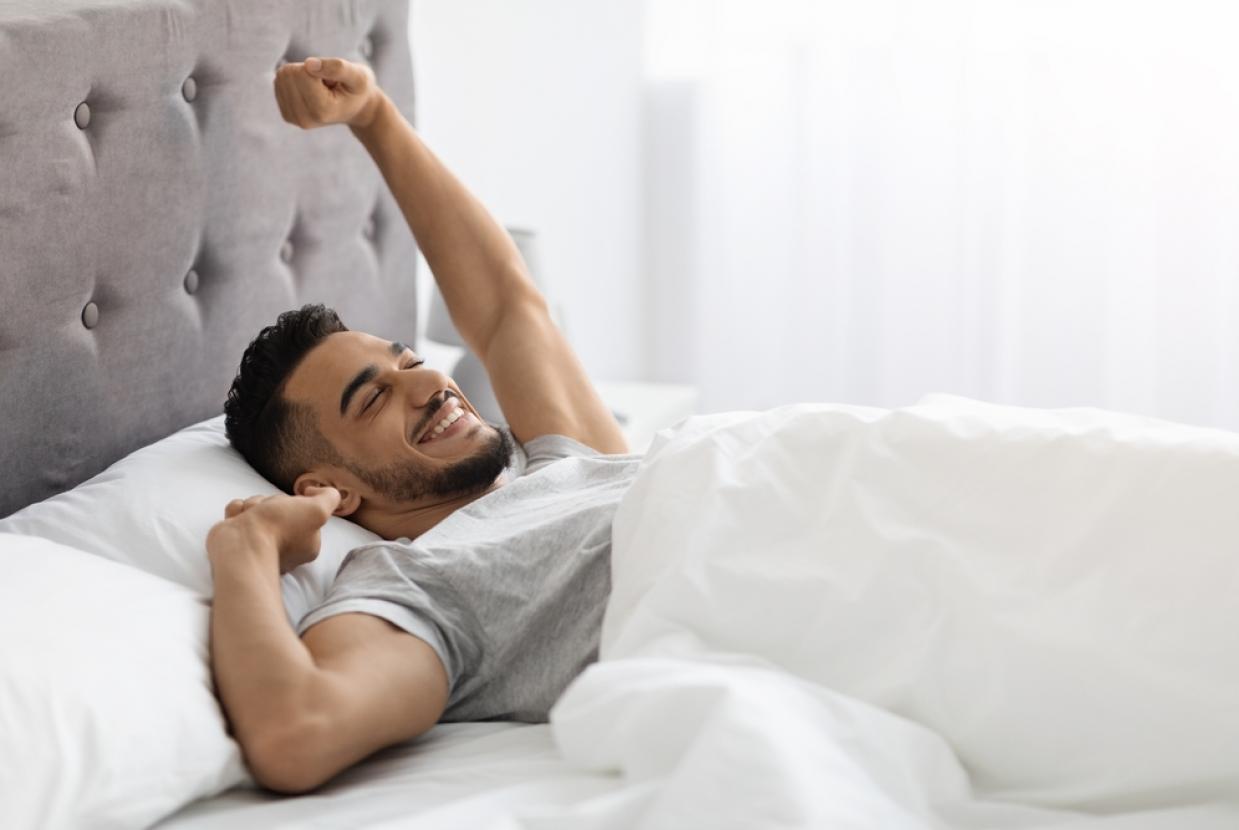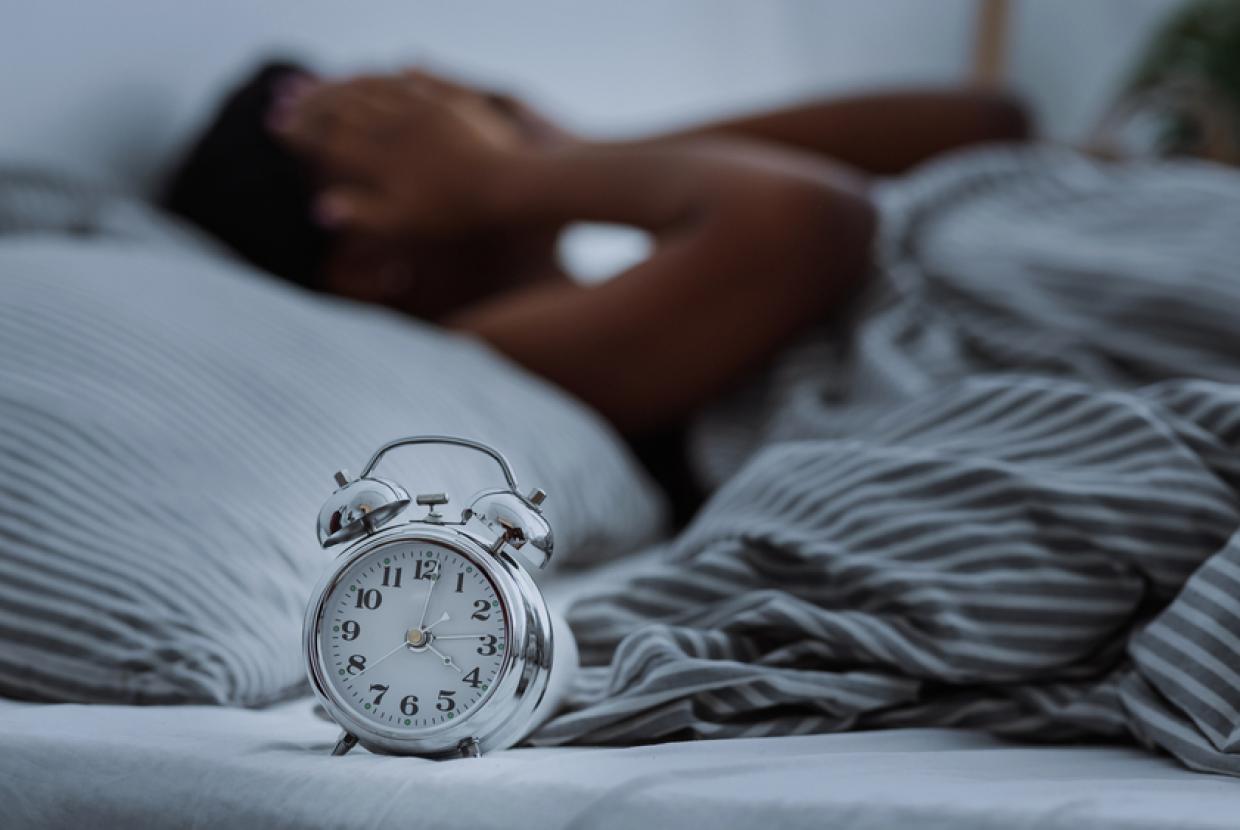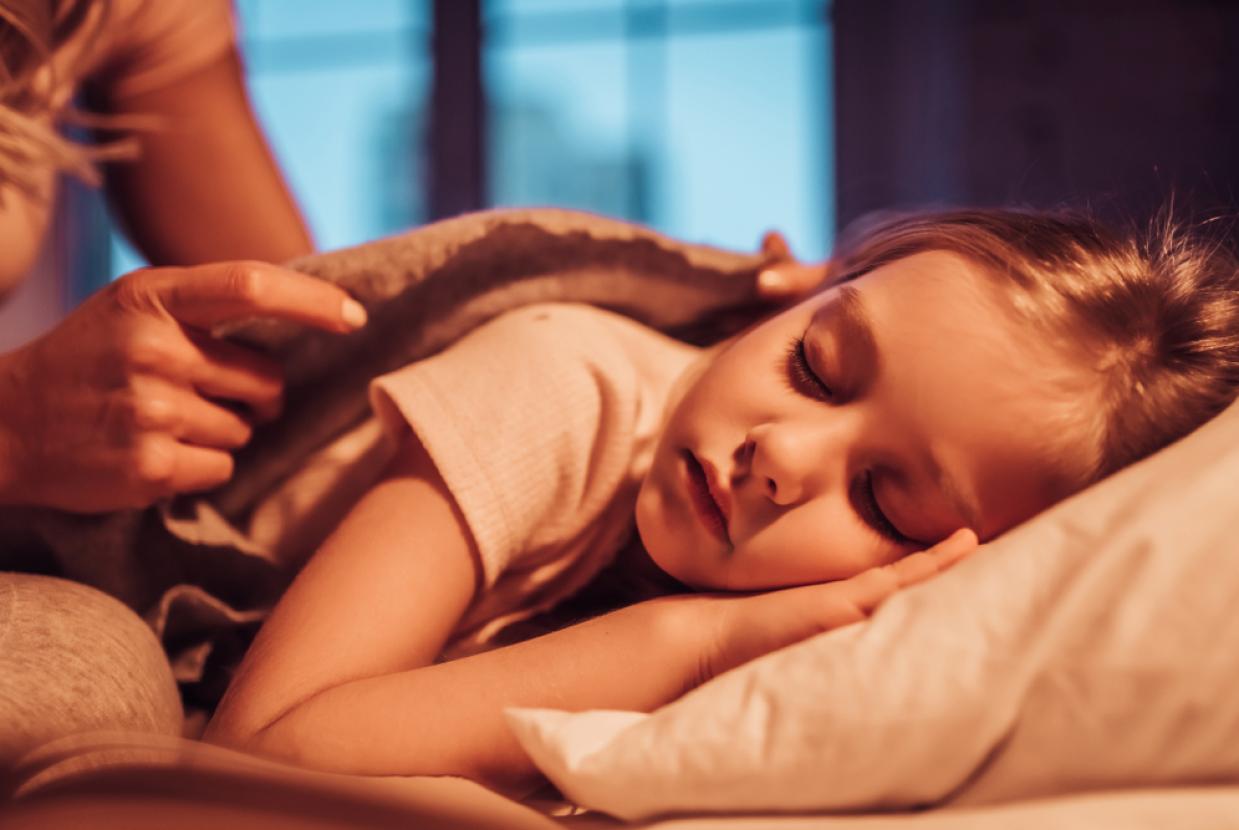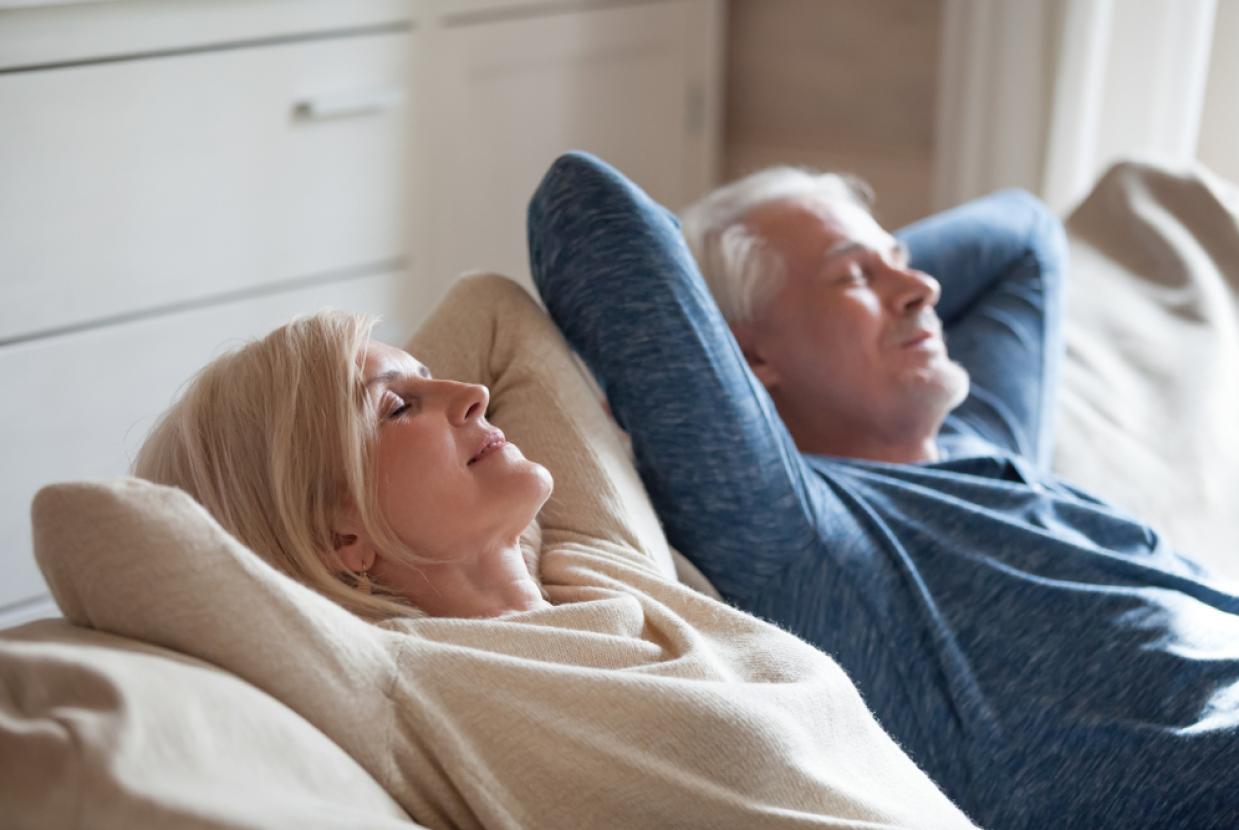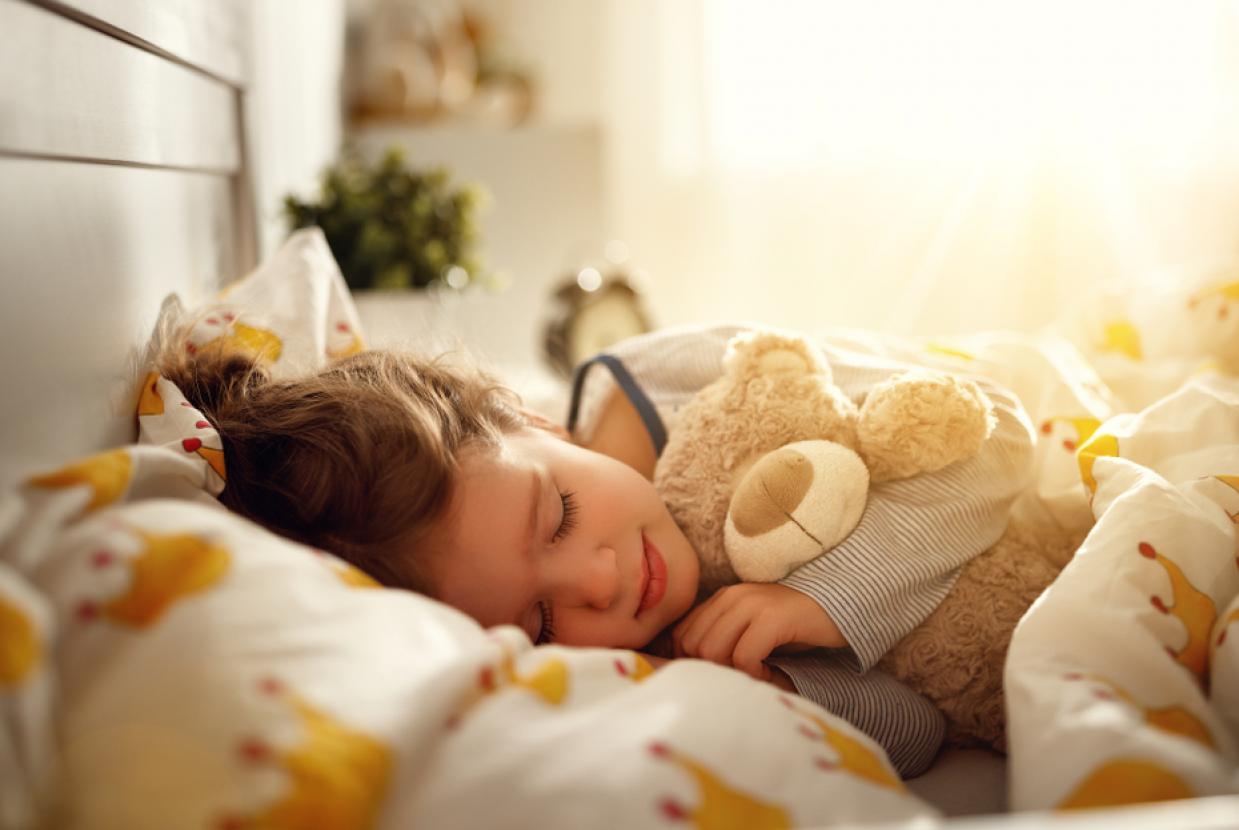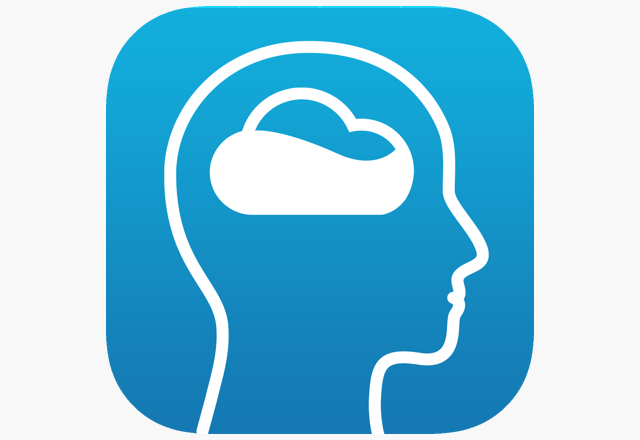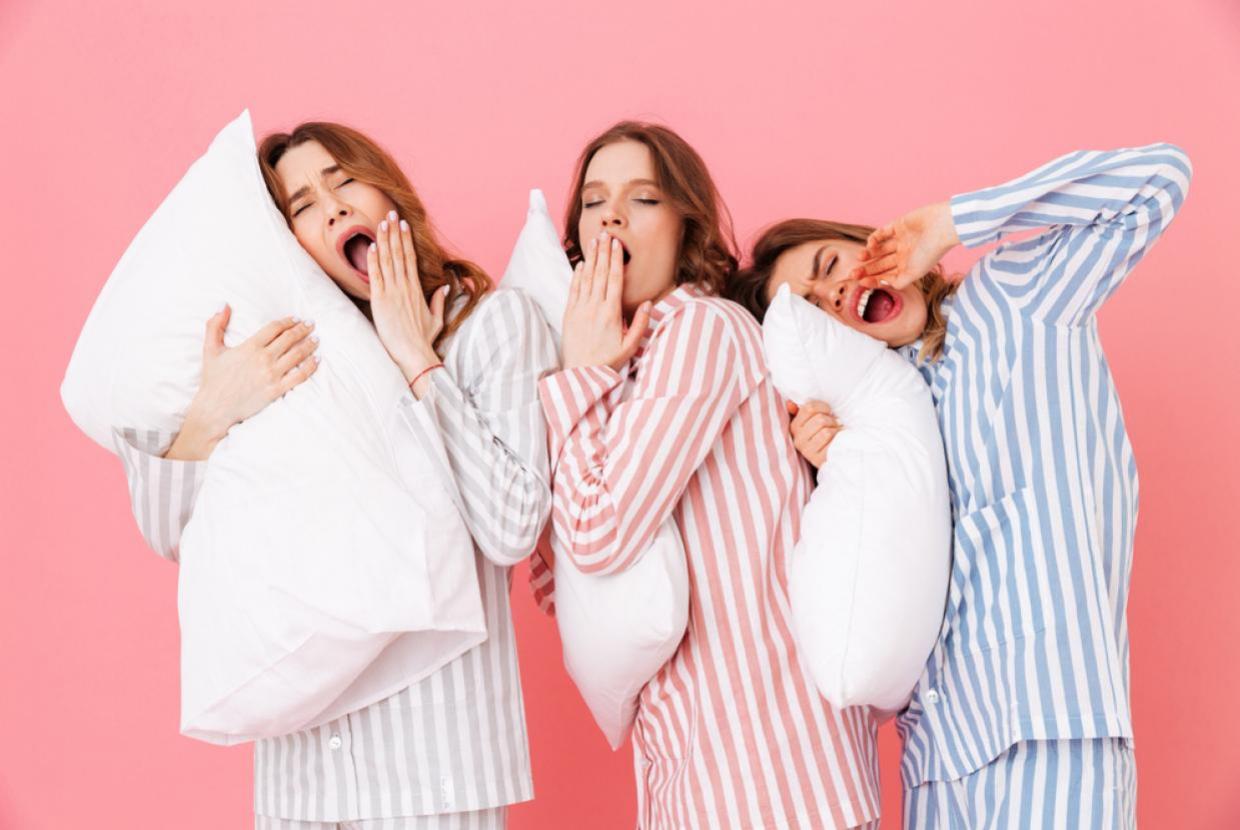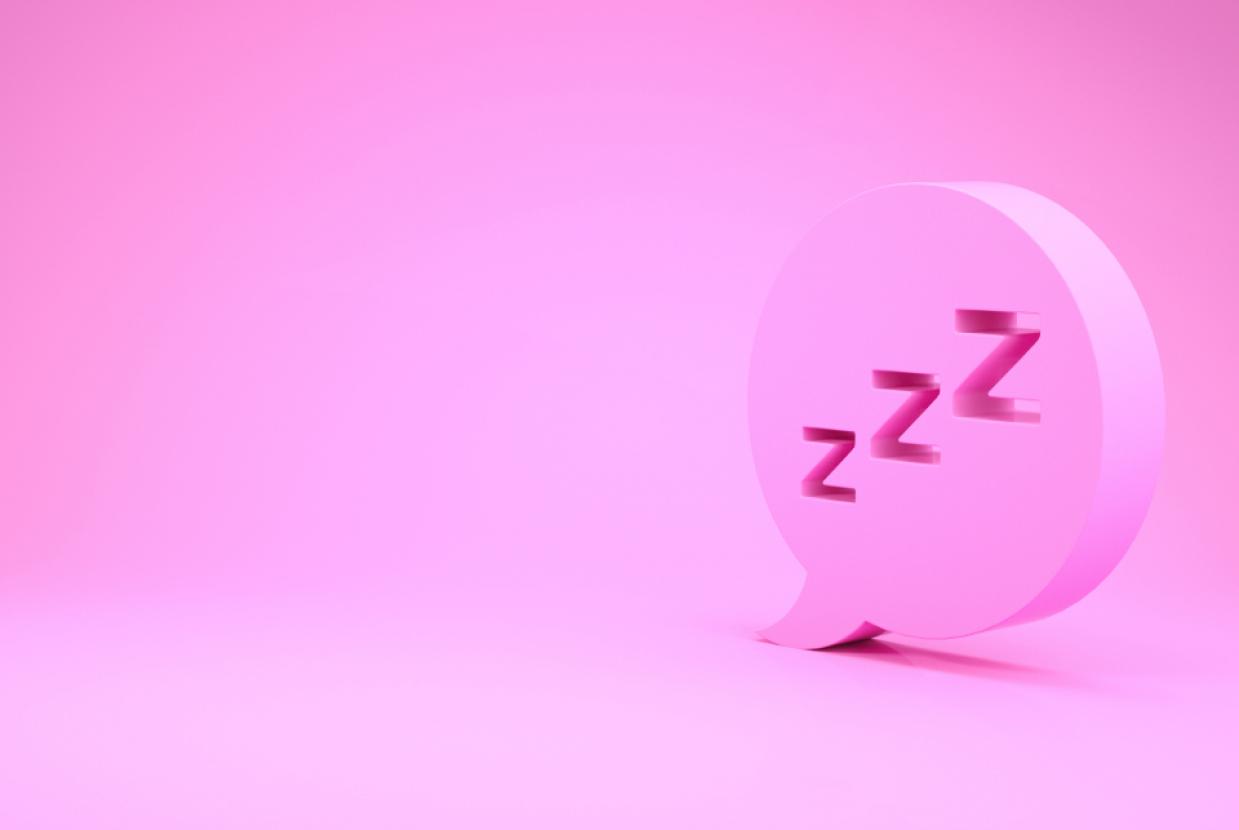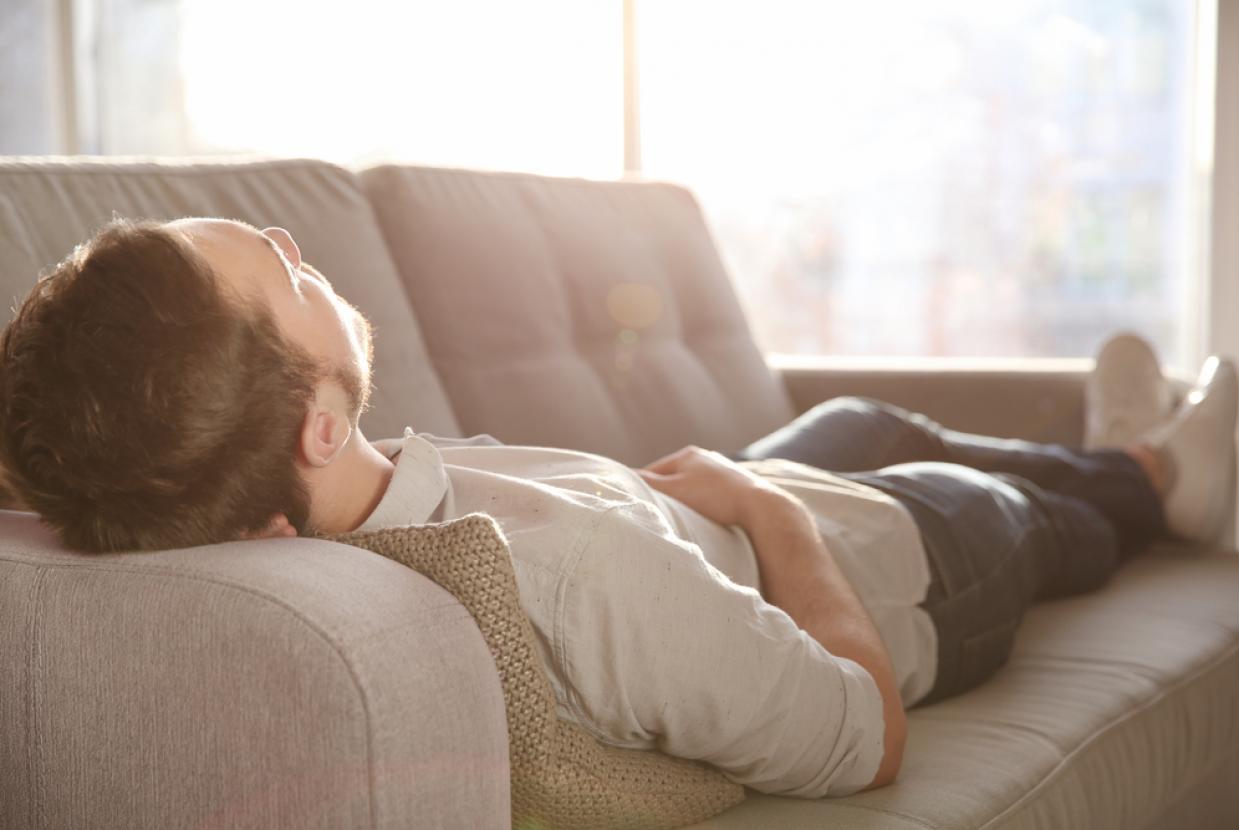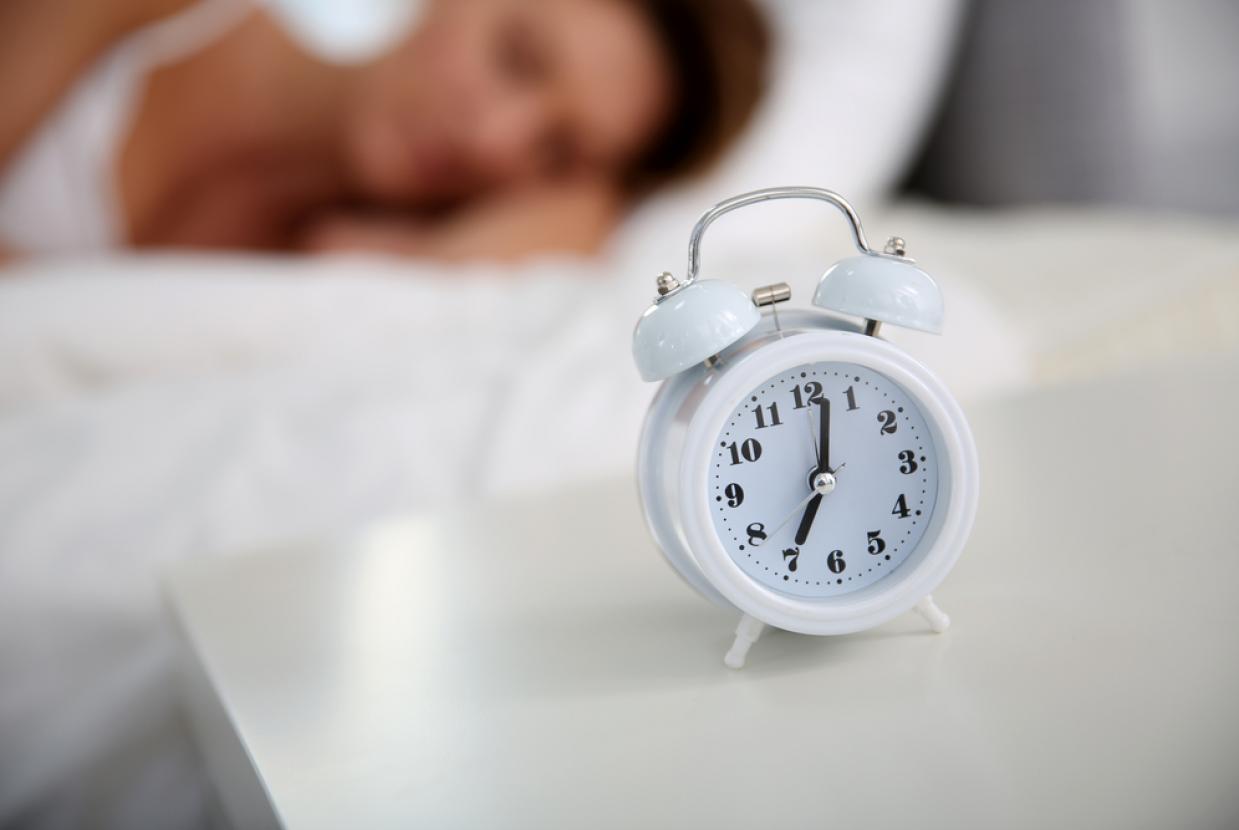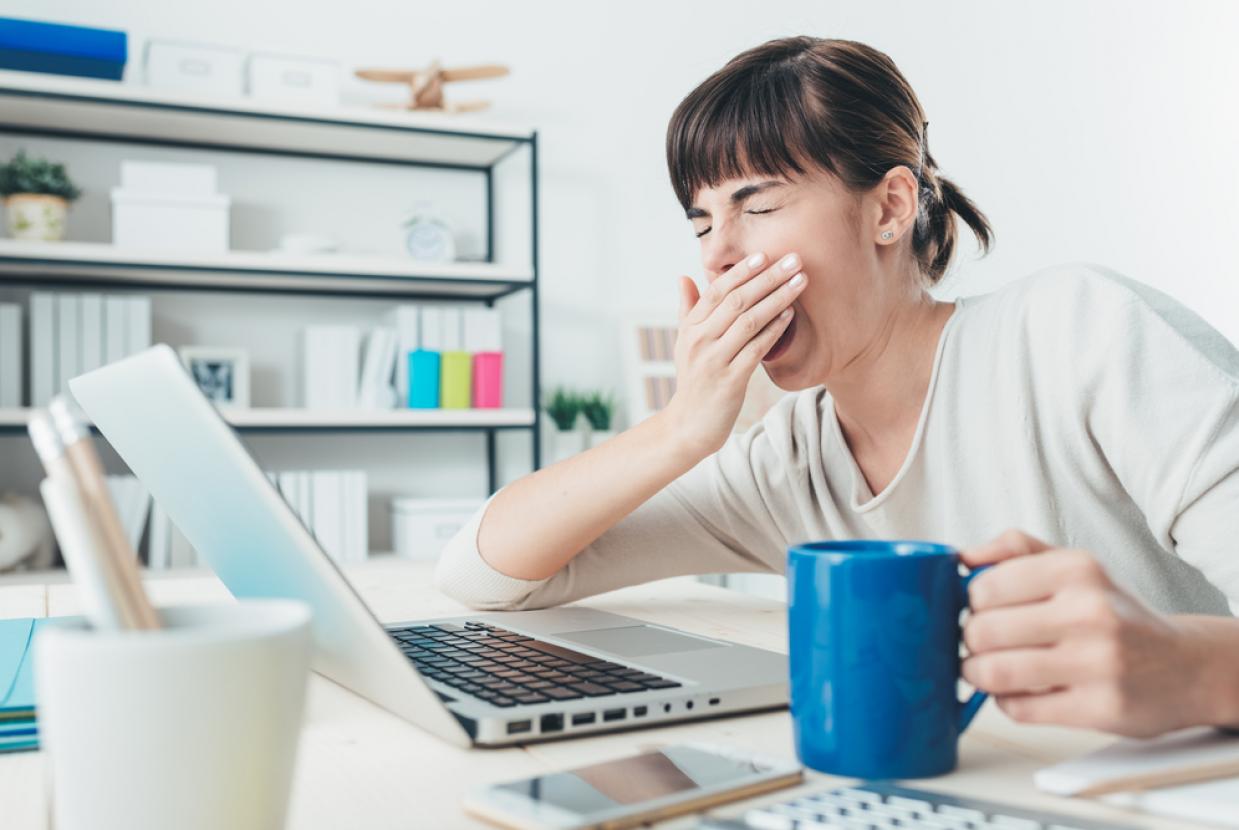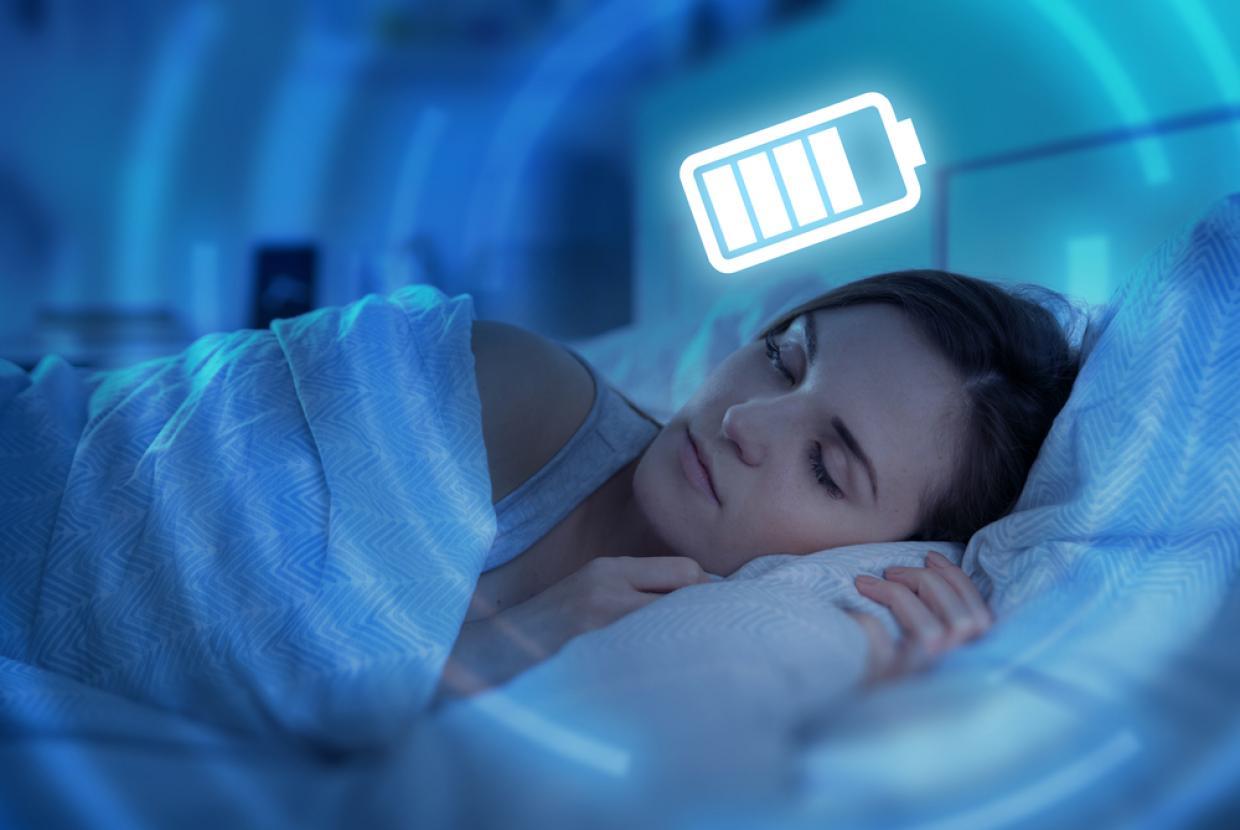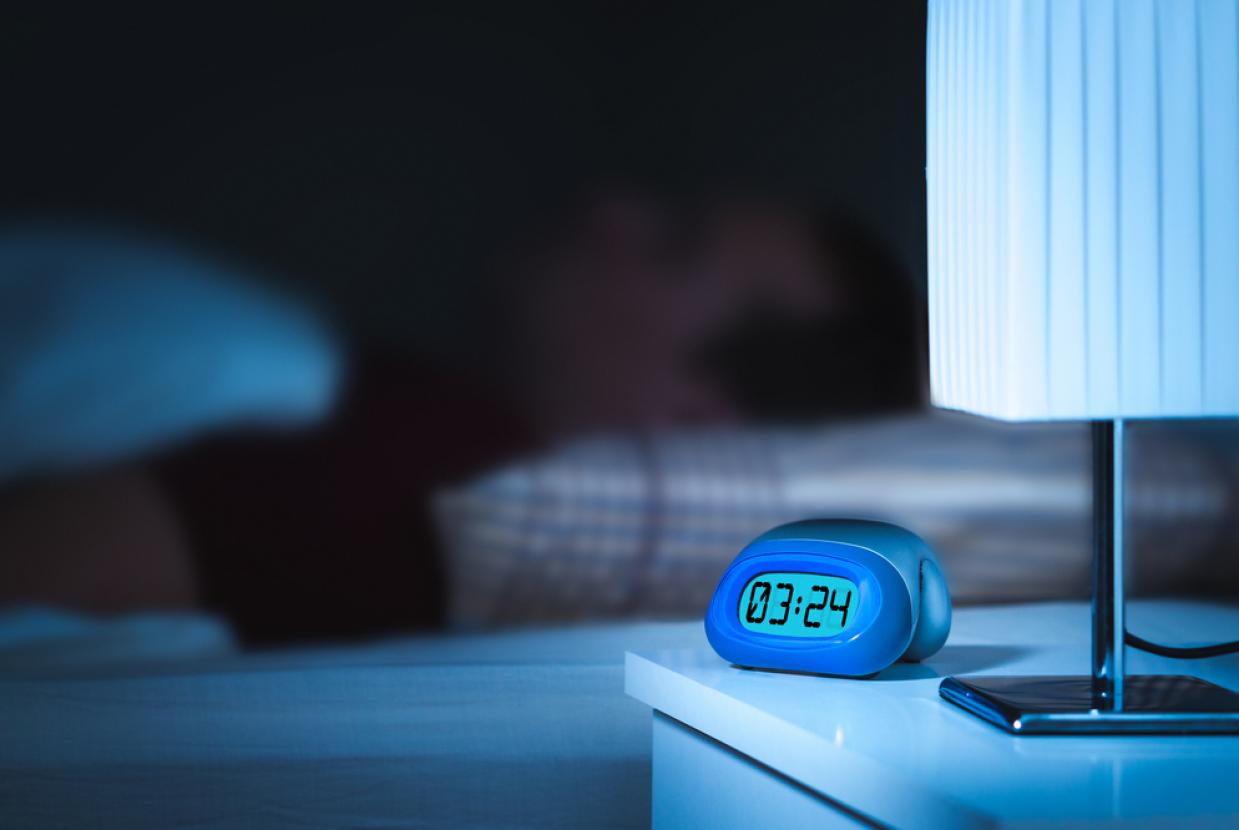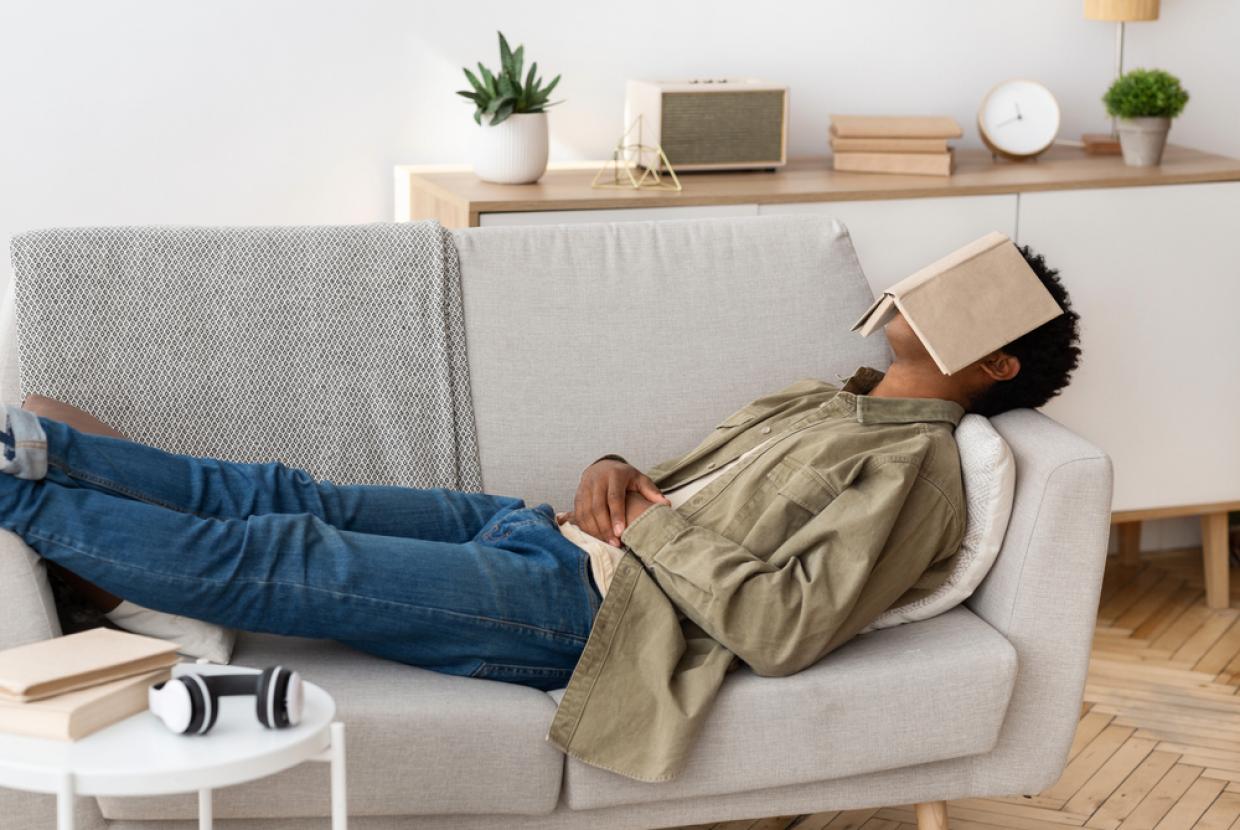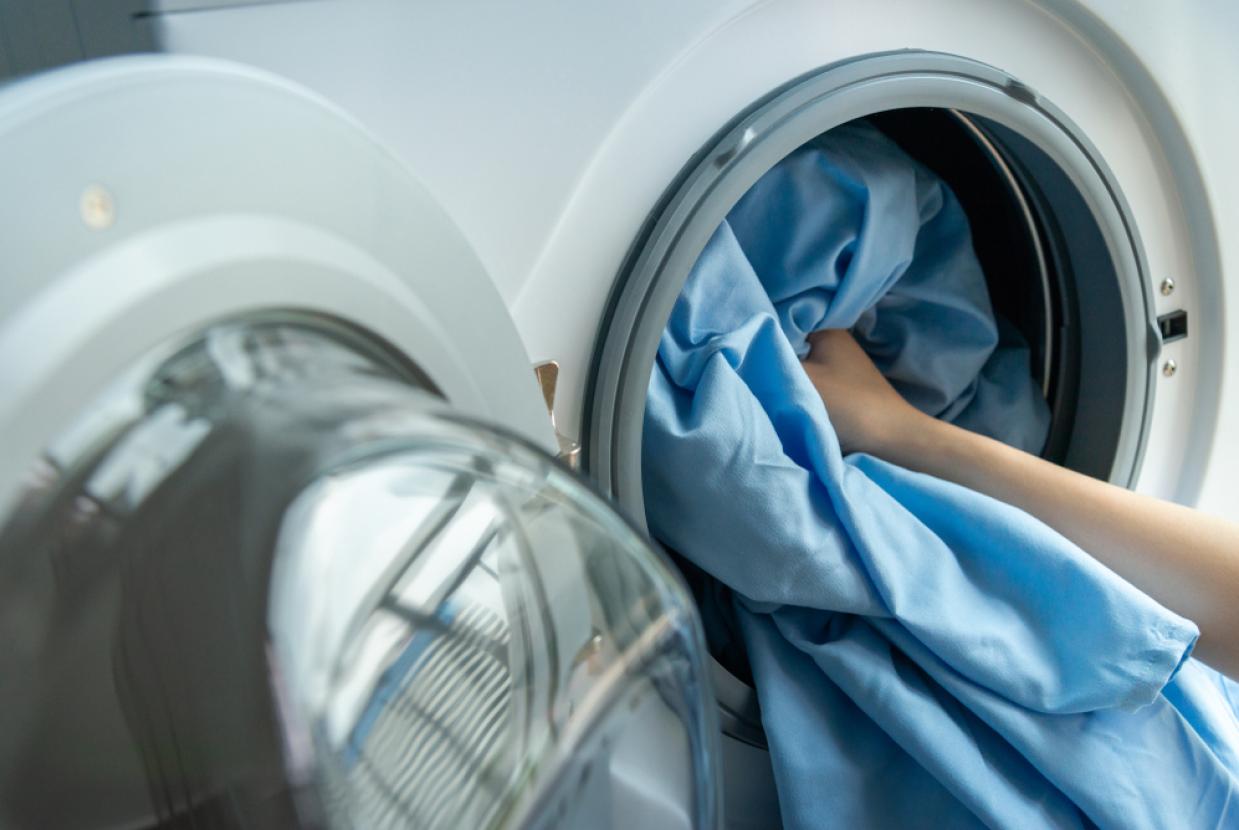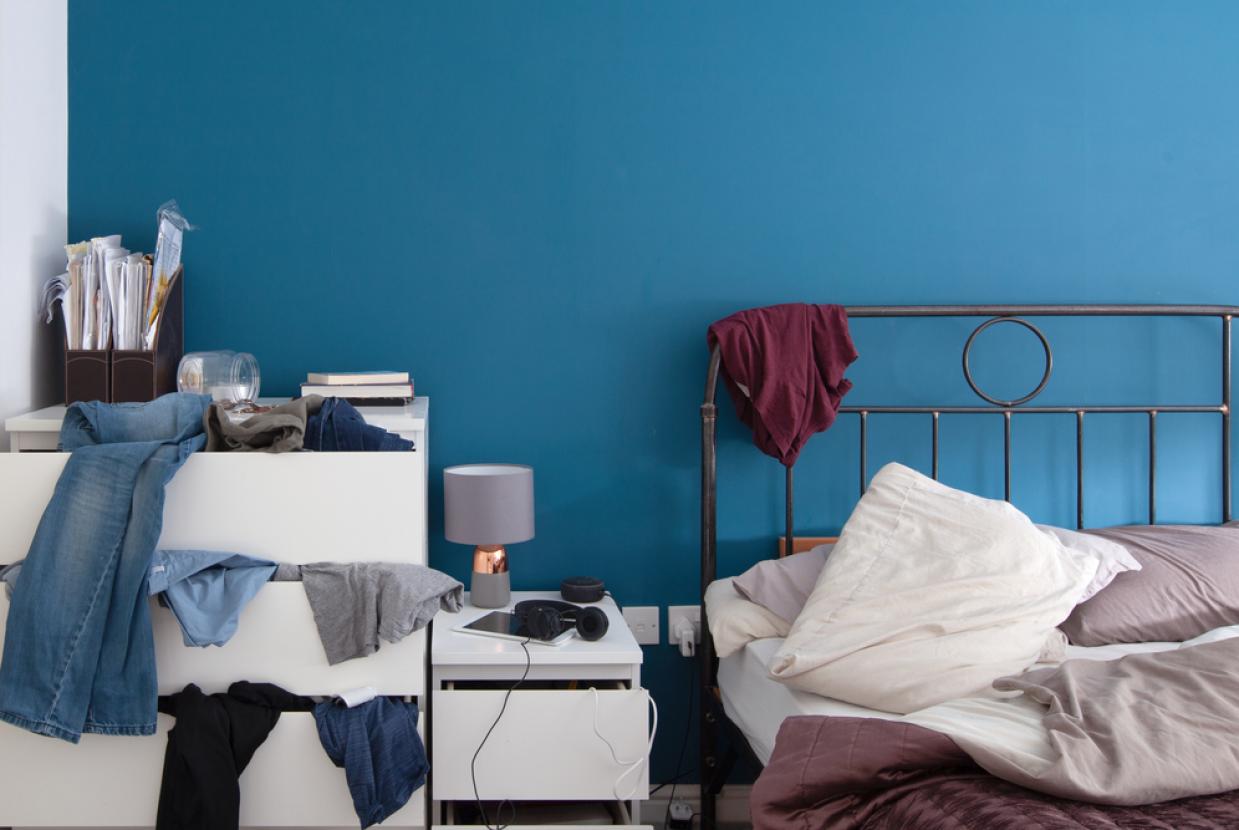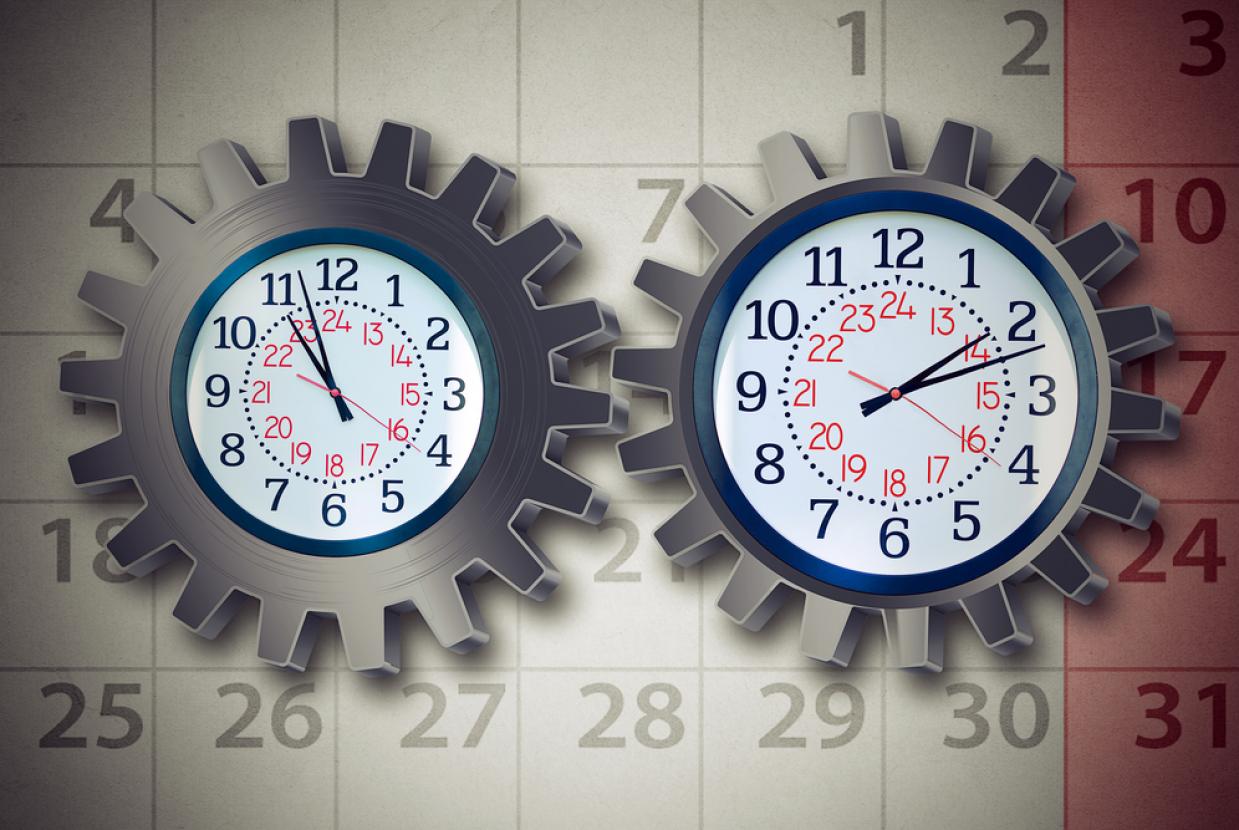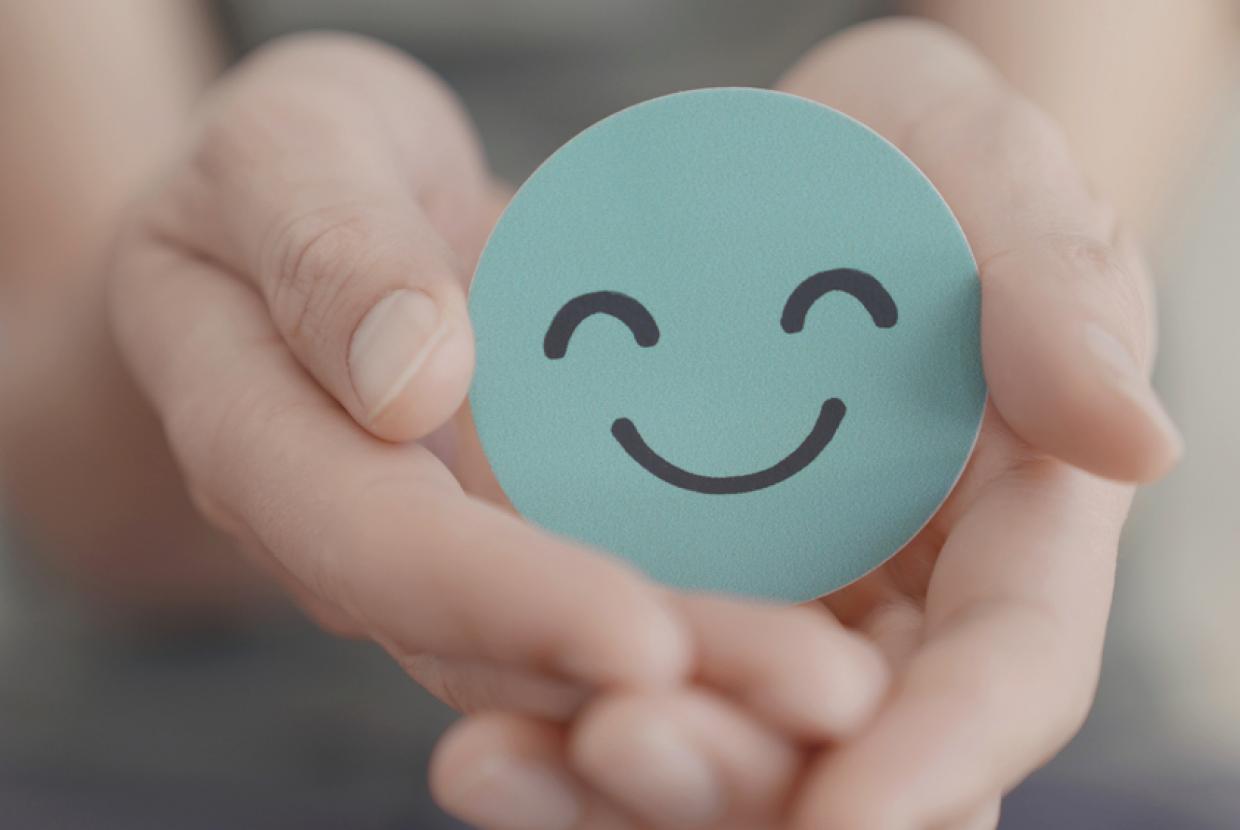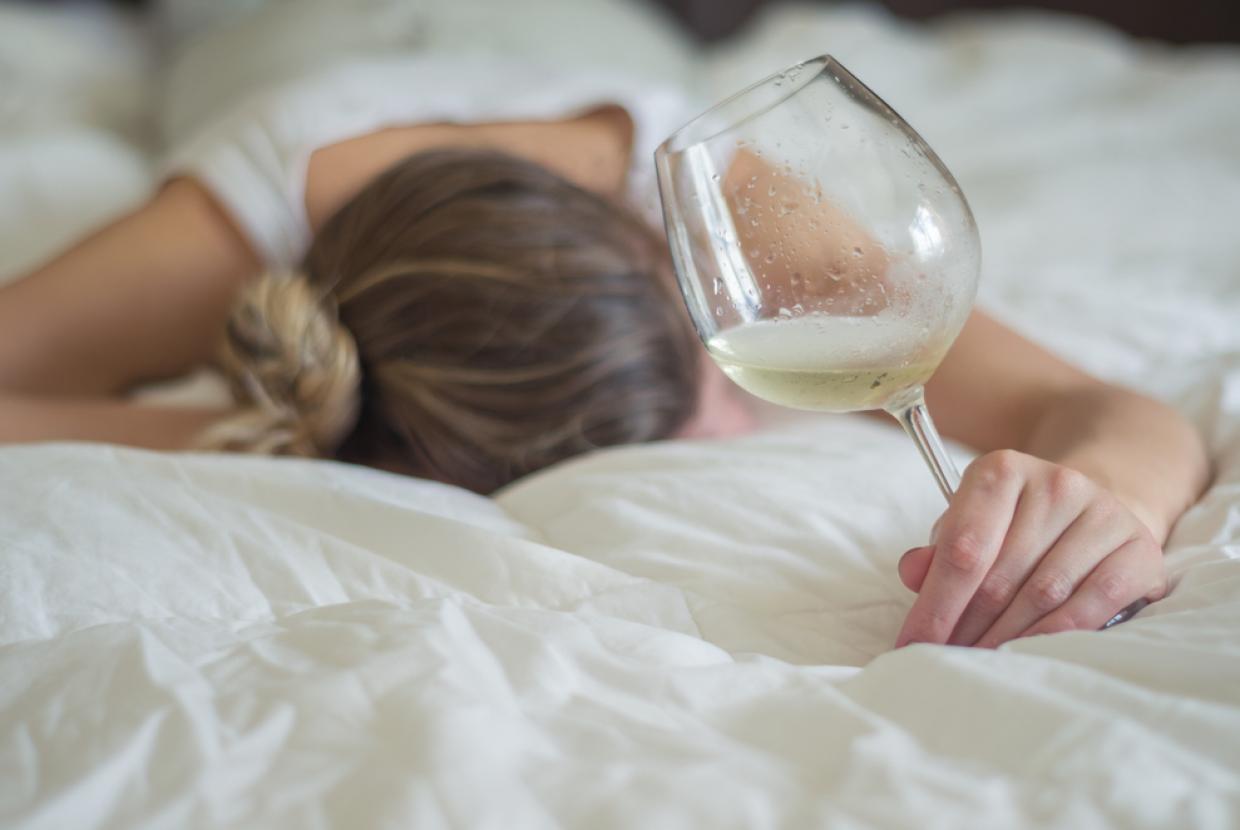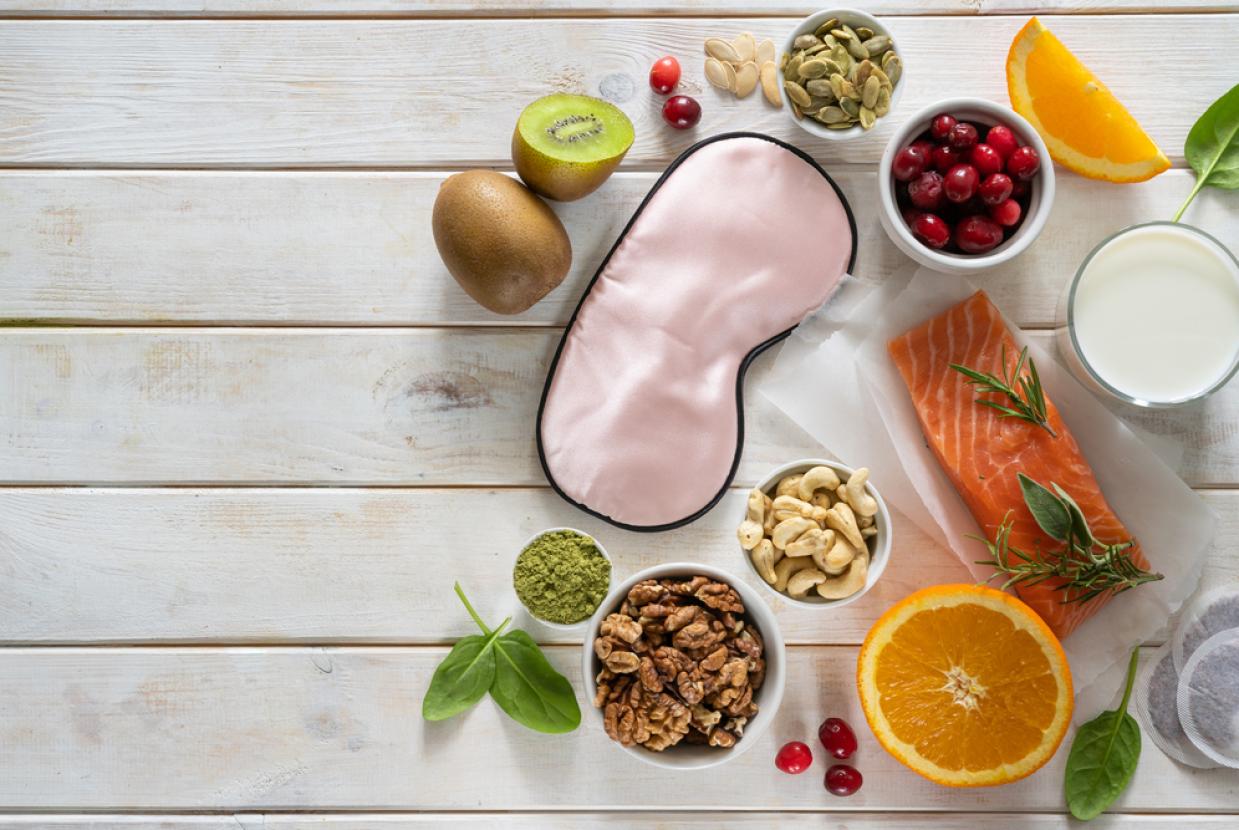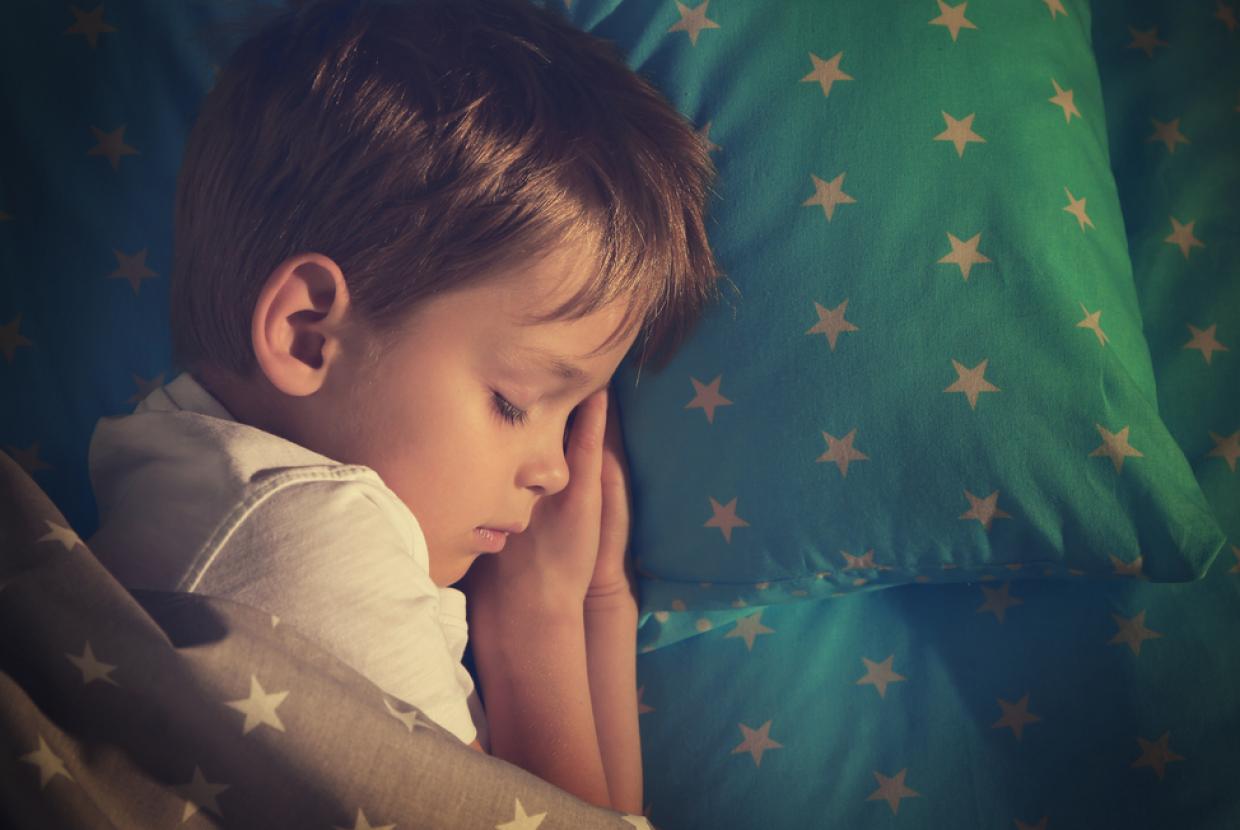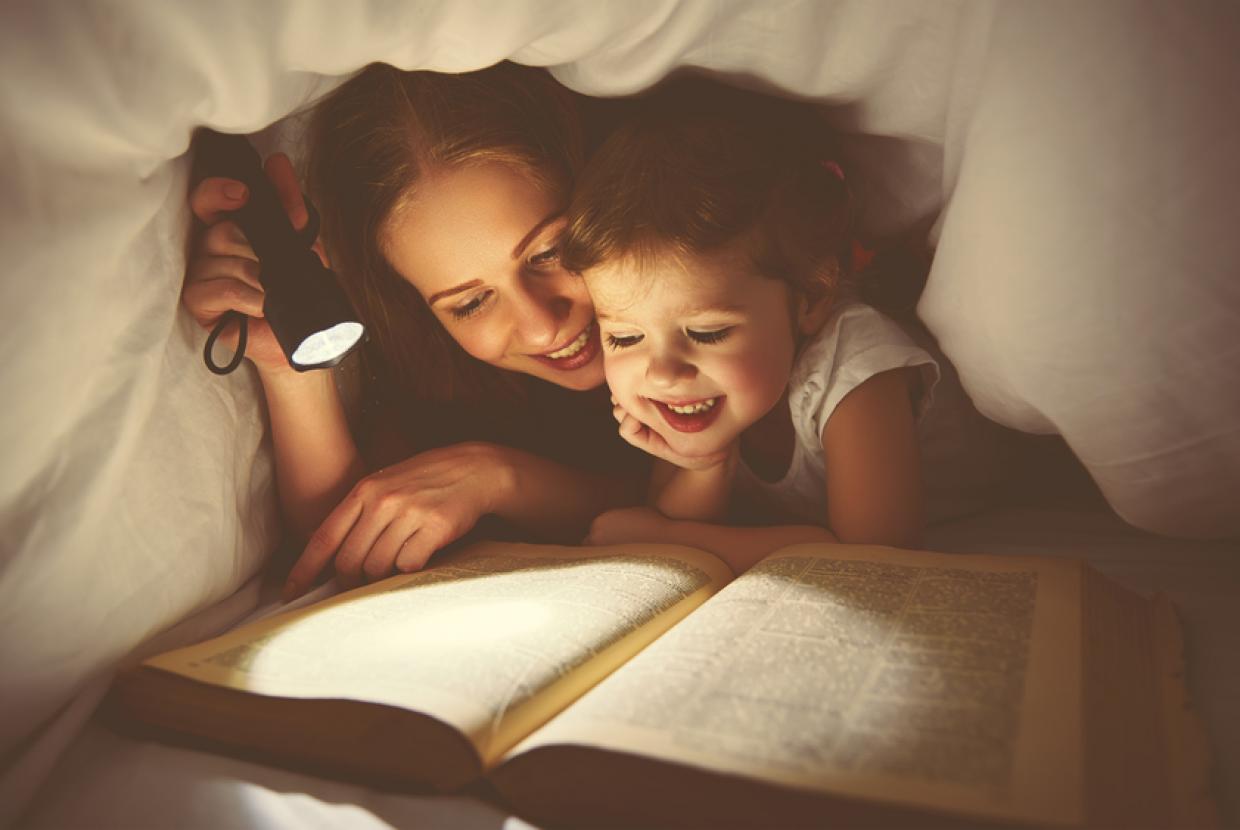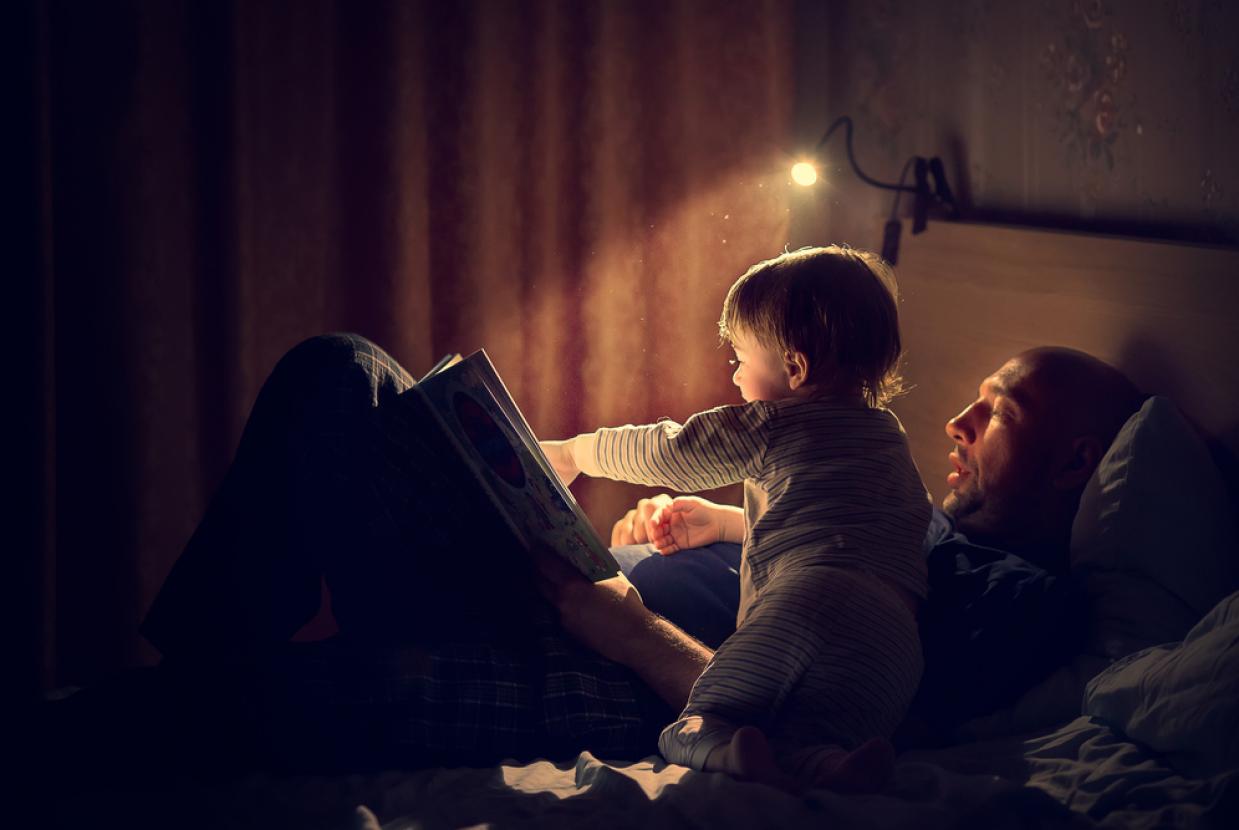Melatonin
Melatonin is a hormone that occurs naturally in our bodies when it gets dark and helps to regulate the body’s circadian rhythm and promotes restful sleep. It is produced from serotonin in the evening to help us sleep.
How does it work?
Melatonin levels start to rise mid to late evening and stay elevated for most of the night while you’re in the dark and making you feel sleepy. They drop in the early morning as the sun rises causing you to wake. During winter, we produce more melatonin earlier in the day which throws off your sleep cycle and you may feel more sluggish, tired or have a low mood.
The best way of ensuring optimal melatonin production is to sleep in as dark an environment as possible. Use heavy lined curtains and/or blackout blinds to block out external light and if you’re trying to sleep in the day an eye mask will also help.
In the run up to bedtime, dim the lights and avoid screen time. Melatonin production is interfered with by screen activities for example watching television or playing on a computer. The light from the screens will stop the melatonin being produced as effectively therefore it is best to avoid these activities in the hour leading up to bedtime.
Even low amounts of ambient light will suppress the production of melatonin which will affect not only sleep but have other health consequences as well.
What about melatonin supplements?
Some people may take melatonin for jet lag or shift work and some sleep disorders like Delayed Sleep Phase Syndrome and REM Sleep Behaviour Disorder.
Some children, particularly those on the Autistic spectrum, are prescribed melatonin to help with their sleep issues. Good sleep hygiene should still be maintained as the melatonin will not work as effectively if your child is not comfortable, relaxed and in an appropriate bedroom environment.
Avoid buying melatonin supplements from the internet (they are only available on prescription in the UK). Taking them may disrupt your own natural melatonin production and potentially suppress your ability to produce this important hormone, ultimately making sleep problems worse. If you think you need help with melatonin production, speak to your GP.


